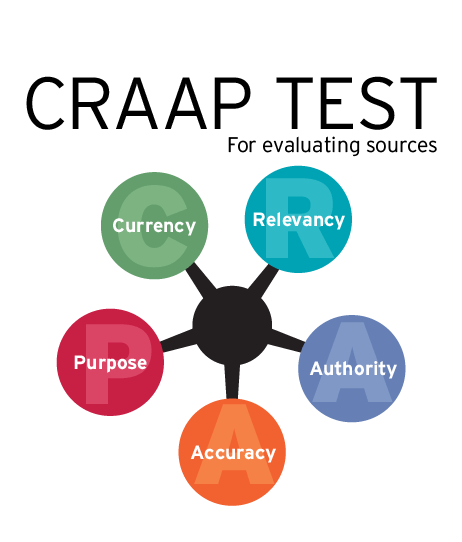Identifying credible information
Written by Bren Johnstone, RRC Library & Information Technology student
Photo by Kaboompics.com from Pexels
Don’t get sucked in by fake news
You probably already know not to trust everything you read on the internet – but how comfortable are you really when it comes to checking the facts? In a world of constant updates, influencers, and increasing global awareness, it can be hard to keep track of what’s real and what’s a sensationalized story for internet fame. Use these resources to help build up your information literacy skills so you can spot the difference and avoid the trap of fake news.
What is media literacy anyway?
If literacy is the ability to make meaning out of words, then media literacy is the ability to think critically about that meaning. What is the goal behind it – selling something, convincing you to do something? Who is telling us, and what makes them a credible source or not? When did this happen? All of these questions can have an impact on how we understand what we’re being told.
One way to remember this process is the CRAAP test, originally developed by the California State University:
- Currency – how recent is the information? How time-sensitive is it?
- Relevance – is this information appropriate? Who is it meant for?
- Authority – who is the source? What credentials do they have for this claim?
- Accuracy – can this be verified by other sources? Is it everything, or just partial information?
- Purpose – what’s the goal? Is this fact or opinion?
Resources
To get you thinking about media literacy, this article by Maribeth D. Smith, “Arming students against bad information,” outlines the CRAAP test in more detail as well as highlighting the dangers of buying into misinformation.
If you want to get right into the practical skills, here are two video tutorial series to get you started:
- This video series by Crash Course and MediaWise is a good place to start identifying media literacy skills, like lateral-reading and evaluating evidence.
- LinkedIn Learning has a whole course plan available on developing information literacy skills for academic research, including how to evaluate different types of sources and how to search effectively.
And if you learn best by example, the Infodemic blog is a great place to explore. The blog is run by Mike Caulfield who is a digital literacy expert and uses Covid-19 information as a guidebook to demonstrate essential fact-checking skills.
Looking for more resources?
Check out the library guide for more sources on how to evaluate websites and online resources here. Or contact the library staff by email at library@rrc.ca or by visiting library.rrc.ca and click on the Ask Us button. In addition, the Library’s broad selection of online books, videos, and journals may be accessed 24/7 through OneSearch (RRC log in may be required).
This academic year finds us in quite a different world; however, our commitment to providing you with the supports and services you need to succeed at RRC remains unchanged. As we continue this year together, the Academic Success Centre & Library are here for you.

